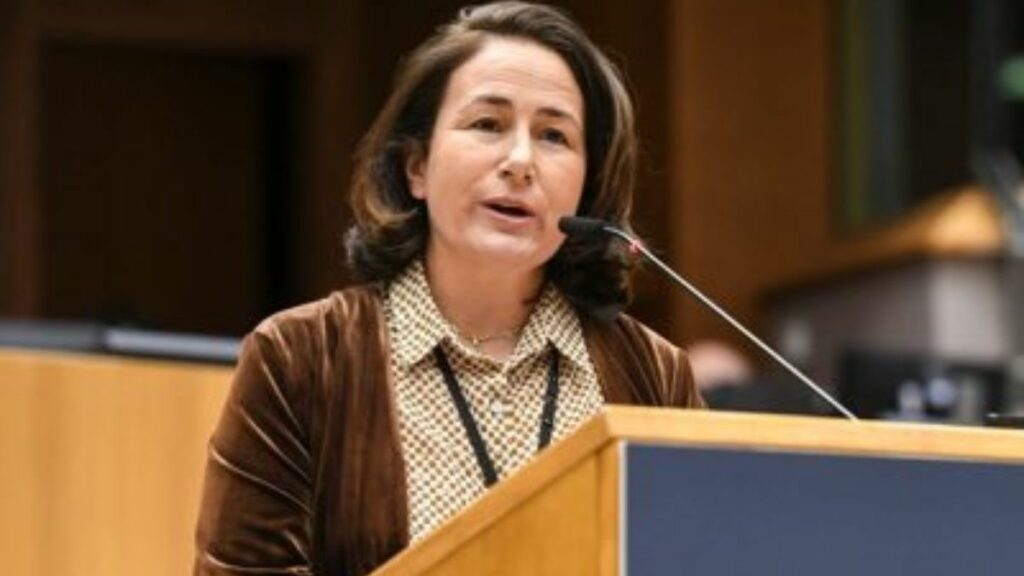“We want to re-energize parliamentary activity by emphasizing its main axes: the person, the family and life.” The Spanish MEP Margarita de la Pisa (Vox) thus explains the goal of the policy group which the parliamentary group of European Conservatives and Reformists (ECR) created last week. Interviewed by iFamNews, De la Pisa emphasizes that the goal is to “restore centrality to these issues, which are actually the most important in any society.” The MEP further explains, “We have proposed the institutionalization of these areas, providing solid arguments and proposals” also “as a reaction to ideologies, such as gender, that seek to undermine the foundations of our faith, our culture and our traditions.”
An ambitious goal, considering the influence of the LGBT+ and anti-natalist lobbies in the European Parliament…
Theirs is a huge influence. The European Parliament must understand that only by respecting human nature and its expression in the gift of life and birth can it legislate and act in a properly human way. The rest means heading progressively towards self-destruction. Instead, those lobbies claim that defending life in all its forms is against the freedom of choice, that it is a retrograde attitude that makes use of cultural stereotypes that violate women’s rights. The paradox is that we are even pointed out as being opposed to human rights, we who so strenuously defend human life and dignity. And so the European Parliament threatens and sanctions countries that decide not to adhere to these ideologies. Crazy.
How important is the engagement of pro-life and pro-family organizations in your political group to counter the narrative of LGBT+ and anti-natalist pressure groups?
Civil society and its organizations know that with this new policy group they have the opportunity to find a tool, a speaker to defend certain values. We reject all personalism and all protagonisms. Anyone who shows this sensitivity has a place here. For this reason, the first thing we are working on is the massive adhesion of those MEPs who bring the sensibilities of their respective countries to make this initiative truly plural and mutually enriching. We will gather proposals, promote dialogue with society and organize conferences, forums, meetings and presentations that develop these central aspects of this proposal in defense of, I repeat, life, person and family.
Hungary’s Fidesz party is not part of the ECR, but do you think its overwhelming victory in Sunday’s general election is an encouraging sign for a Europe that fights for life and family?
It is a sign of hope that society is waking up to the urgency of promoting policies aimed at revaluing life and the family. The fact that Poland and Hungary are standing firm on their positions, balancing in some way the imbalances produced by progressivism, offers the whole of Europe the opportunity to correct a drift that would undoubtedly lead everyone onto the rocks. The conservative position that is dominant today in Poland and Hungary is, however, growing in all European countries and marks the awakening of European society from the bad dream induced by ideologies that corrupt common sense, reason and the most natural human longing.
